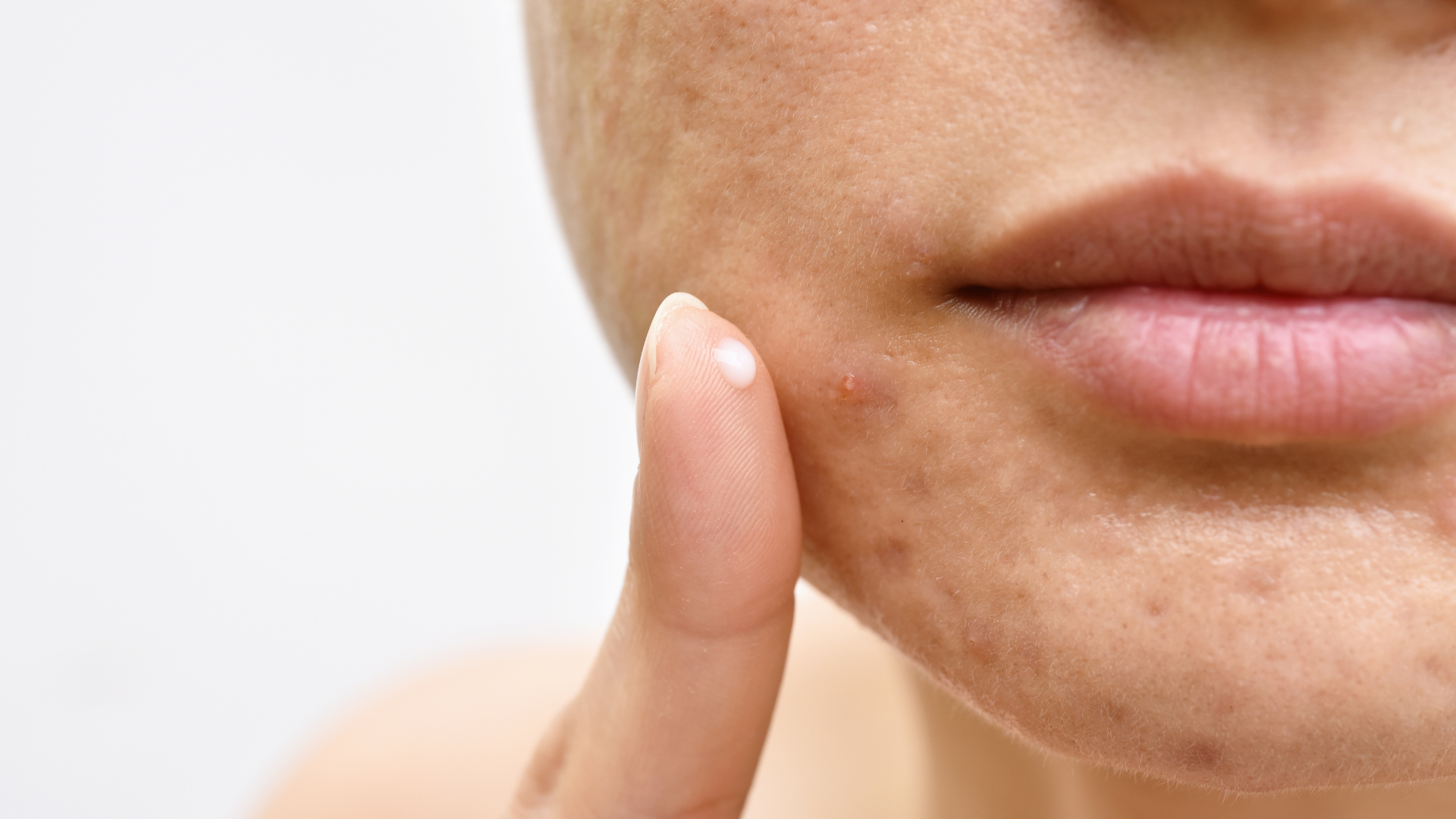INdermal launches its first products with exosomes, EXO FDS Azelaic Fusion, specifically designed to treat acne. Specialising in encapsulating active ingredients to maximise efficacy, INdermal uses biomimetic follicular release exosomes, leading to the development of an innovative solution that combines azelaic acid and herbal extracts to deliver results with improved X20 efficiency in the care of acne-prone skin.
State-of-the-art composition and technology
EXO FDS Azelaic Fusion contains 2% azelaic acid and 0.50% herbal extracts encapsulated in vegan biomimetic exosomes. This advanced follicular delivery technology (FDS) allows precise and effective delivery of the active ingredients directly into the hair follicles, thus optimising their access to the sebaceous glands and improving the efficacy of the treatment.
Benefits of azelaic acid and herbal extractors
- Azelaic Acid: Regulates cell renewal, reducing acne formation and associated inflammation.
- Herbal extracts:
- Chamomile (Chamomilla recutita): Soothes irritation and reduces redness.
- Sage (Salvia officinalis): Possesses anti-inflammatory properties that help soothe swelling.
- Nasturtium (Tropaeolum majus): Stimulates collagen production, promoting skin repair.
- Burdock (Arctium lappa): Acts as a detoxifying agent, helping to eliminate acne.
Proven effectiveness
Efficacy studies have shown that EXO FDS Azelaic Fusion significantly reduces the amount of Cutibacterium acnes in human skin explants ex vivo after only 24 hours of application. This product has been shown to be effective in preventing and eliminating colony forming units (CFU) of this bacterium, which is a major cause of acne.
Applications and Use
EXO FDS Azelaic Fusion is recommended for use in cosmetic, cosmeceutical and dermopharmaceutical formulations. It can be incorporated in various formulations, such as:
- Water-based formulations
- Oil-in-water (o/w) emulsions
- Water-in-oil emulsions (w/o)
- Gels
- Serums
To ensure the stability and efficacy of the product, it should be added at the final stage of the production process at temperatures not exceeding 40°C and with a maximum homogenisation of 20,000 rpm.
